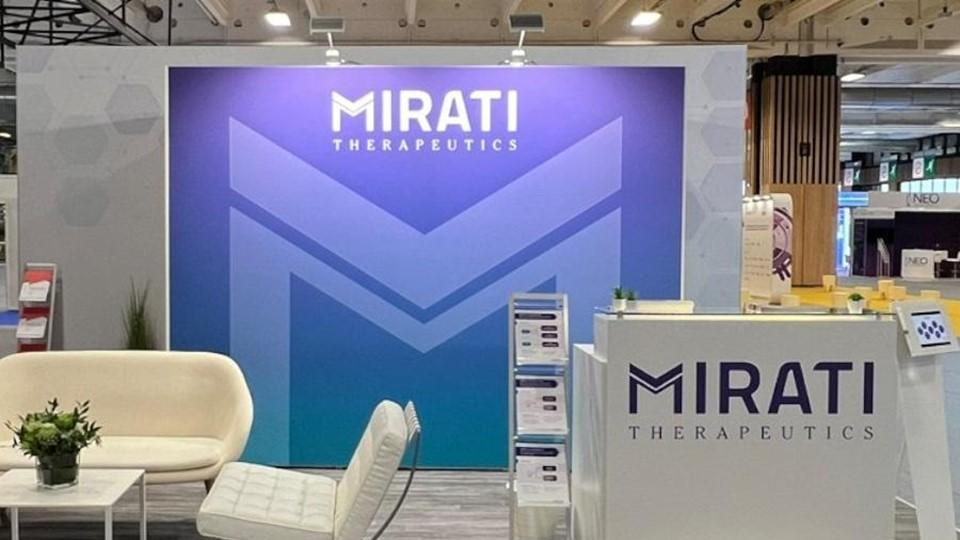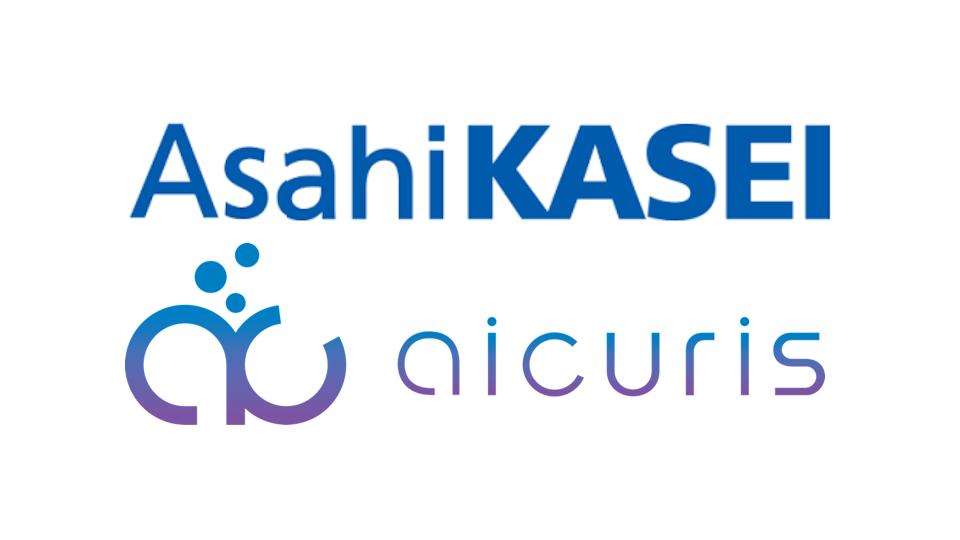BMS swoops on Mirati with $5.8bn takeover offer

After months of speculation about a possible takeover of Mirati Therapeutics, Bristol-Myers Squibb has reached a deal to buy the company and its KRAS inhibitor Krazati in a deal valued at up to $5.8 billion.
The $58-per-share agreement values Mirati at $4.8 billion and comes with a $12-per-share contingent value right payment to the company’s shareholders – worth $1 billion – if experimental PRMT5 inhibitor MRTX1719 gets approved for a lung cancer indication within seven years of the deal closing.
The terms of the deal have been agreed upon by the boards of both companies, who suggest it should close in the first half of next year, subject to approval by financial regulators.
Rumours that Mirati may be sold have been swirling since last November, in the build-up to FDA approval of Krazati (adagrasib) as a therapy for previously-treated KRASG12C-mutated non-small cell lung cancer (NSCLC), the first competitor to Amgen’s first-to-market Lumakras (sotorasib).
Since then, however, Krazati was turned down by the EMA’s human medicines committee, sales of Lumakras have not tracked up as predicted before its approval in 2021, and Mirati’s management has been shaken up with the resignation of chief executive David Meek.
Last week, Sanofi had been linked to a possible bid for Mirati, sparking a 45% rise in shares of the biotech. It is now trading at more than $21 - nearly twice its mid-September price, but still around a third lower than its 52-week high.
BMS' statement on the deal describes Krazati as a 'best-in-class' KRAS inhibitor, pointing to its potential as a first-line therapy for KRASG12c-mutated NSCLC when used in combination with a PD-1 inhibitor, but also mentions several of Mirati’s other oncology candidates.
Top of the list is PRMT5/MTA inhibitor MRTX1719, which BMS said could be a first-in-class therapy for cancers with MTAP deletions seen in around 10% of all cancers, including NSCLC, as well as bile duct cancer (cholangiocarcinoma) and melanoma.
BMS said the drug seems to lack haematological toxicity seen with non-selective PRMT5 inhibitors, a category that has been targeted for drug discovery and development by several companies, including GSK, Eli Lilly, and Pfizer. It is due to start phase 2 next year.
Also in Mirati’s pipeline are follow-up KRAS inhibitor MRTX1133 - which targets the KRASG12D mutation seen in NSCLC and other solid tumours, including pancreatic and colorectal cancer - and SOS1 inhibitor MRTX0902, designed to boost the activity of KRAS-targeting drugs.
“With multiple targeted oncology assets including Krazati, Mirati is another important step forwards in our efforts to grow our diversified oncology portfolio,” said Chris Boerner, chief operating officer at BMS.
BMS has not been particularly active in M&A activity in the last few years, but in 2022 bought Turning Point Therapeutics for $4.1 billion, adding ROS1/NTRK-targeting drug repotrectinib, which has been filed for ROS1-positive NSCLC with a decision due next month. It also acquired cardiovascular disease specialist MyoKardia for $13.1 billion in 2020.













